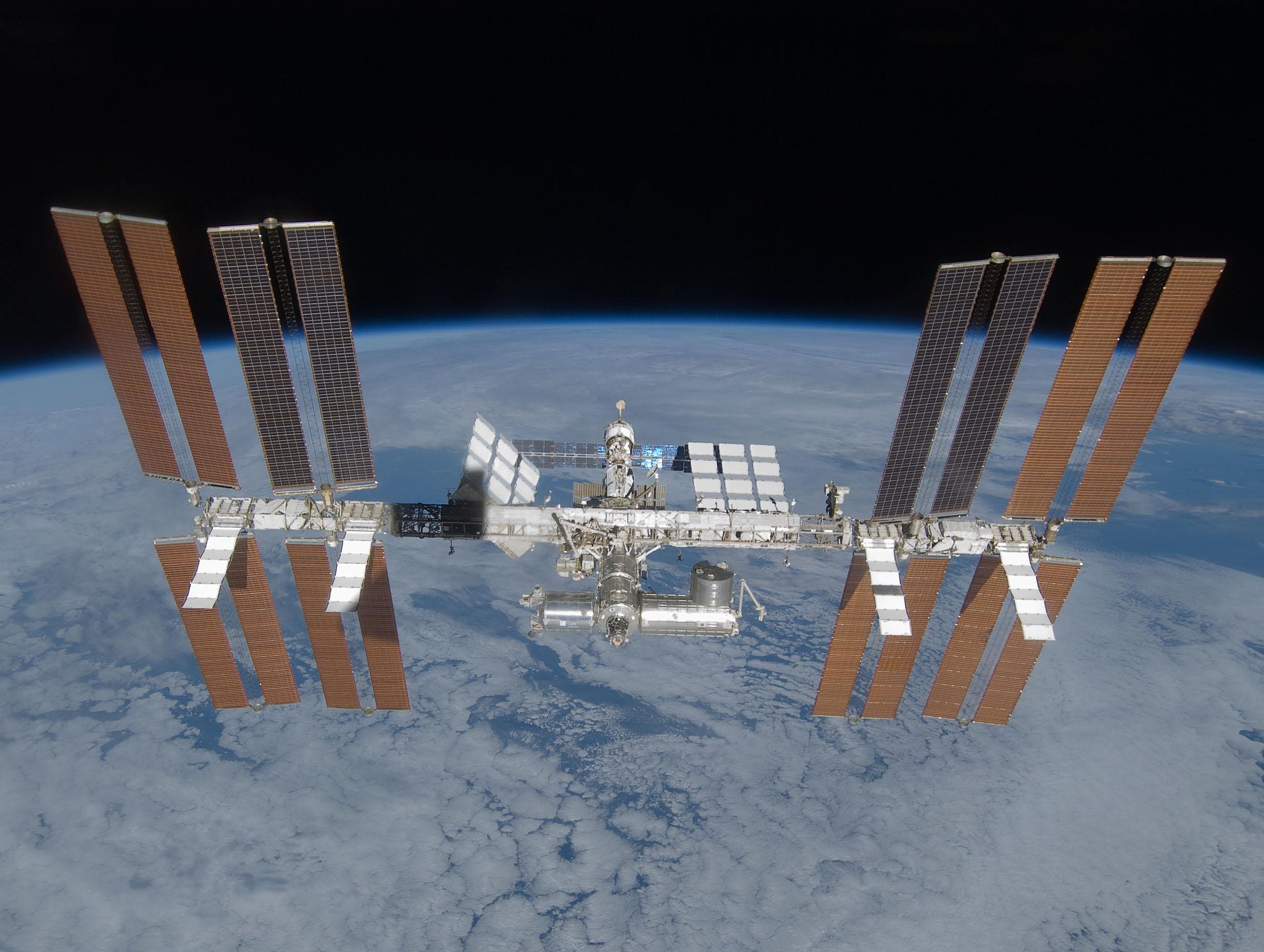
Space and the environment – the rocket scientists are on the case
The space sector contributes a huge amount to our understanding and management of the environment but it is now turning its attention to its own environmental impact.
Last week I took part in a sustainable space summit organised by the Scottish Space Leadership Council. I was one of the judges who had selected three challenges for presentation to the summit, whose 200 attendees also heard from the First Minister and Business Minister Ivan McKee.
For decades, satellite measurements have been helping us understand the changing temperatures around the planet, the destruction of the rainforest, the advance of desert and the retreat of ice at the poles. They even help track fishing boats to make sure they are fishing in the right places.
Space in Scotland
Scotland is very involved in the space business, especially with small satellites and there are ambitious plans to be a leader in Europe, with 20,000 jobs based here. There are also plans for a number of spaceports to launch satellites built here into Earth orbit.
Traditionally rocket fuel has been at least partly fossil fuel and components for satellites and rockets come together from many different parts of the world. A spaceport in Scotland might mean building concrete structures on carbon-rich peaty soils, disturbance for birds, dolphins and whales, and lots of new tourist car traffic.
Less obvious impacts are the extra fuel burnt by planes and ships with are re-routed to avoid a rocket launch, and the enhanced impact that exhaust gases have on climate change because they are released at altitude.
One of the challenges looked at how the sector could measure and reduce its overall environmental impact, especially minimising climate emissions, from making and transporting components to direct operations and traffic impacts.
Each of the challenges had held a workshop to see who was doing what. Fortunately there is already a lot of interesting work going on to reduce the impact of the industry, as well as to harness its jobs and manufacturing potential in Scotland.
The UK Government has just finished consulting on climate, air quality, noise and marine objectives for the spaceports and there is an Environmental Charter being developed by the European Space Agency, to be launched at the UN climate talks in Glasgow in November.
A particular challenge for an industry that is growing is to reduce its total carbon emissions year on year, to help Scotland meet its climate targets. The next key task for the sector is to bring together existing knowledge and initiatives, fill in the gaps and mainstream all the good bits across all the activities that make up the space industry.
There is also a need to watch out for pitfalls. In particular, there is a lot of interest in hydrogen as an alternative fuel but hydrogen from North Sea gas is pretty much a non-starter and hydrogen from renewables is likely to be in short supply and high demand.
The space sector makes a very valuable contribution to our understanding of the planet and seems serious about tackling the environment cost of its operations. I hope the work done in the run up to the summit and the discussions at the event will lead to the creation of a comprehensive environmental strategy for the whole space industry.
Dr Richard Dixon is Director of Friends of the Earth Scotland. A version of this article appeared in The Scotsman on Thursday 1st July 2021.
